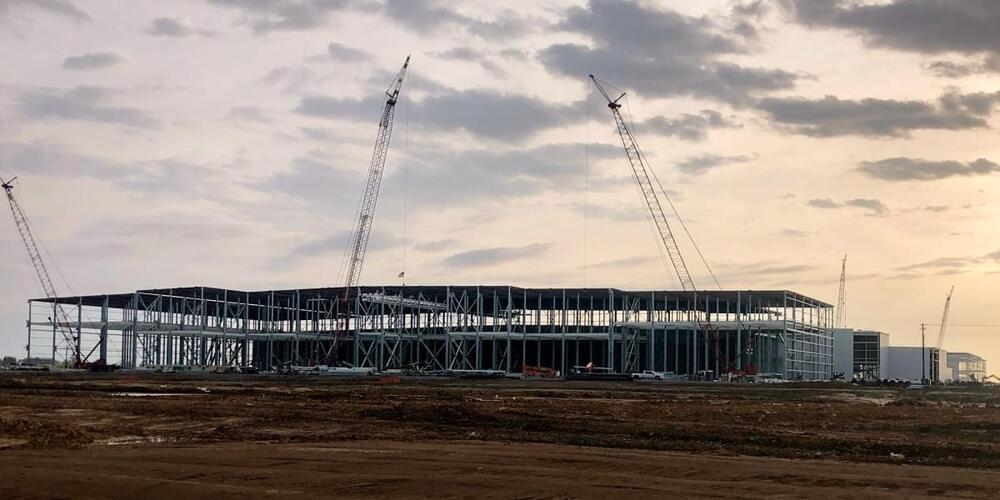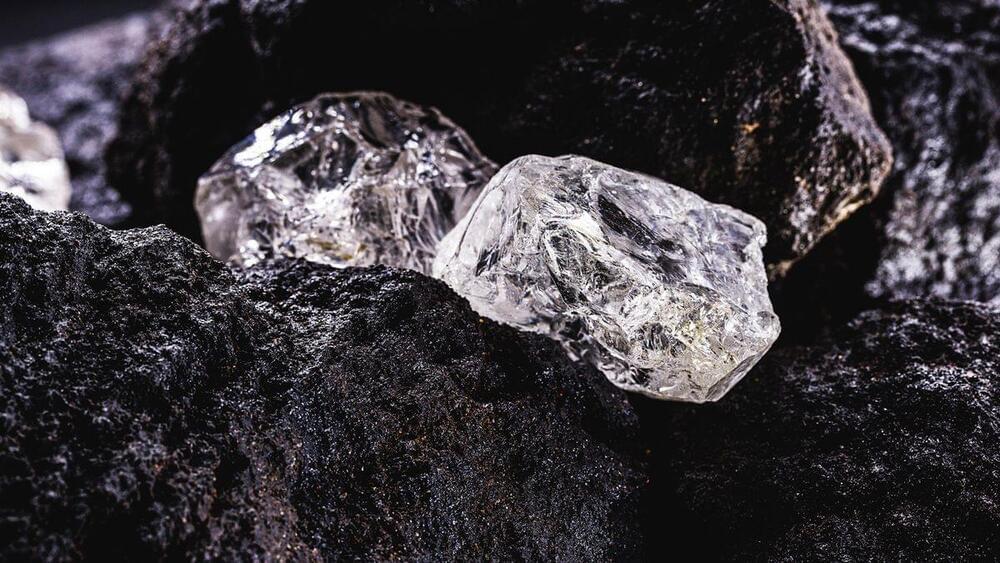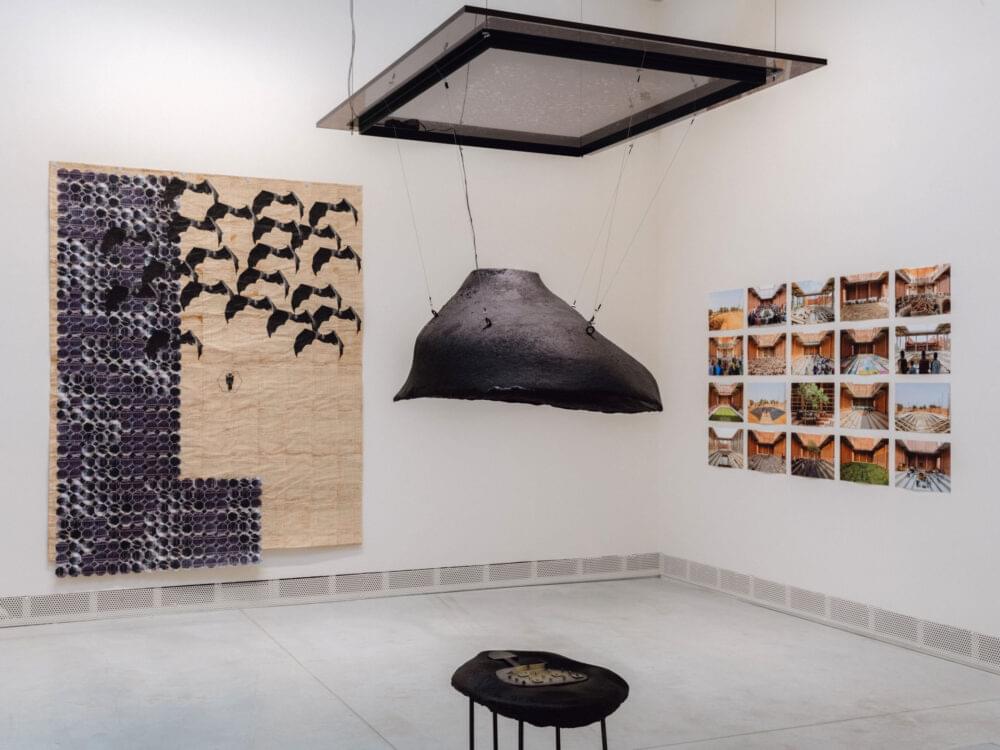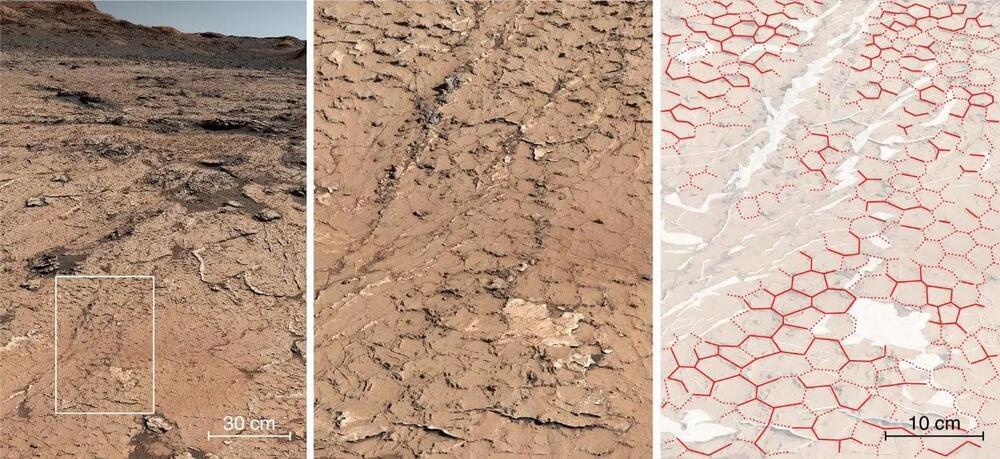Checking in with the landmark Inflation Reduction Act, one year later.



It’s the first of its kind model and it can suggest countermeasures for dealing with natural disasters.
Global warming is causing more and more natural disasters which often lead to devastating consequences including loss of life. These take the shape of extreme weather events such as heavy rainfall, droughts, tsunamis, cyclones, landslides, avalanches, earthquakes and forest fires.
Now, civil engineers at Monash University have conceived of a first-of-its kind software called GeoXPM that can not only predict where a geo-disaster might occur but also assess the event’s impact on its surrounding environment in order to mitigate its consequences. This is because the model can make suggestions of next steps to take to avoid dire loss of life and save as much property as possible.

SEATTLE — Undergirding recent budget guidance from the Biden administration to federal research and development organizations is a recognition of a steady and growing demand for microelectronics as a key enabler for advancement in nearly every technology sector, according to a senior White House technology advisor.
The White House on Aug. 17 issued its research and development priorities for the fiscal 2025 budget, offering direction to federal offices as they plan to submit their spending requests to the Office of Management and Budget in early September. The high-level focus areas include strengthening the nation’s critical infrastructure amid climate change, advancing trustworthy AI, improving healthcare and fostering industrial innovation alongside basic and applied research.
According to Steven Welby, deputy director for national security within the White House’s Office of Science and Technology Policy, most of those priorities have some sort of connection to the nation’s goals for boosting the microelectronics industrial base.
As climate change and global population growth pose ever greater challenges for agriculture, Israeli technology offers a wealth of inventions and advanced tools to help farmers adapt.
Interested in licensing this video? Get in touch 👉 http://u.afp.com/wvnD
N.B.: AFP’s services and content are for professional use only.

Dan Breeden first posted about this, but this is intresting. I love this as I theorized the same, when there was geological activity in Kenya’s Rift, however I had no science to back up my beliefs. Thanks Dan for your post. (Reposted Information from another source)
Researchers noticed that kimberlites occur most often during times when the tectonic plates are rearranging themselves in big ways, Gernon said, such as during the breakup of the supercontinent Pangaea. Oddly, though, kimberlites often erupt in the middle of continents, not at the edges of breakups — and this interior crust is thick, tough and hard to disrupt.
Researchers have discovered a pattern where diamonds spew from deep beneath Earth’s surface in huge, explosive volcanic eruptions.
Soundtrack: https://melodysheep.bandcamp.com/album/the-human-future-original-soundtrack Patreon: http://patreon.com/melodysheep Change is coming. Humanity is entering a turbulent new era, unprecedented in both Earth and Human history. To survive the coming centuries and fulfill our potential as a species, we will have to overcome the biggest challenges we have ever faced, from extreme climate change, to rogue A.I., to the inevitable death of the sun itself.
The headlines make our chances look bleak. But when you look at our history and our tenacity, it’s clear that humanity is uniquely empowered to rise to the challenges we face.
If we succeed, our potential is cosmic in scale. Incredible prosperity is within our reach. Being optimistic is not only justified, it’s a powerful weapon in the fight for a higher future.
–
Story, visual effects, music & Sound by melodysheep (John D. Boswell)
Narrated by Will Crowley.
Soundtrack coming soon to all major music platforms.
Thank you to Protocol Labs for sponsoring this video: protocol.ai.
ADDITIONAL VISUALS & MODELING BY


The dome is varnished matte black and shaped somewhere between an oversized eco-chic lampshade and a fifth grader’s diorama of a volcano—all pudgy curves and asymmetric slopes. Underneath sits a small table, almost a stool, made of the same amorphous material. The table is fitted with a brass fixture loosely reminiscent of a guitar but (so the adjacent panel tells me) is actually a replica of the 17th-century microscope designed by Dutch scientist Antonie van Leeuwenhoek—a nod to the father of microscopy.
From a speaker concealed in the dome, a voice intones:
In the midst of a global pandemic, on the eve of an irreversible climate emergency, and in the early, thrilling decades of a biotech revolution, the human race began to question its relationship to the natural world. For many years, scientists believed life to be a competition, one that humanity must win… But as biologists learned more about living systems, it became undeniable that interdependence was key to understanding life on Earth.
The Maui fire. What happened. Many are pointing fingers at Hawian electric with many videos of downed powerlines. There is video taken at the Maui Bird Conservation Center in Makawao appears to show a power pole faulting just before 11 p.m. If Hawai electric turned of power when the winds were very strong there might have been a different scenario. Hundreds of kilometers to the south, Hurricane Dora was moving across the Pacific. On Maui, the wind blew, stronger than is usual for hurricanes on the island. The power then fails. Maui’s first reported wildfire last week may have been caused by damaged power lines, according to newly released research conducted by a power monitoring company. Bob… More.
Videos showing downed power lines apparently sparking some of the early blazes in Maui have become key evidence in search for cause.
This Olinda Fire footage captured by Maui Bird Conservation Center (MBCC) security camera shows the flash when a tree falls on a nearby power line. When the camera turns itself back on, powered by a back-up generator, the forest is ablaze.
Watch more videos on Independent TV: https://www.independent.co.uk/tv/editors-pick.
About The Independent:
